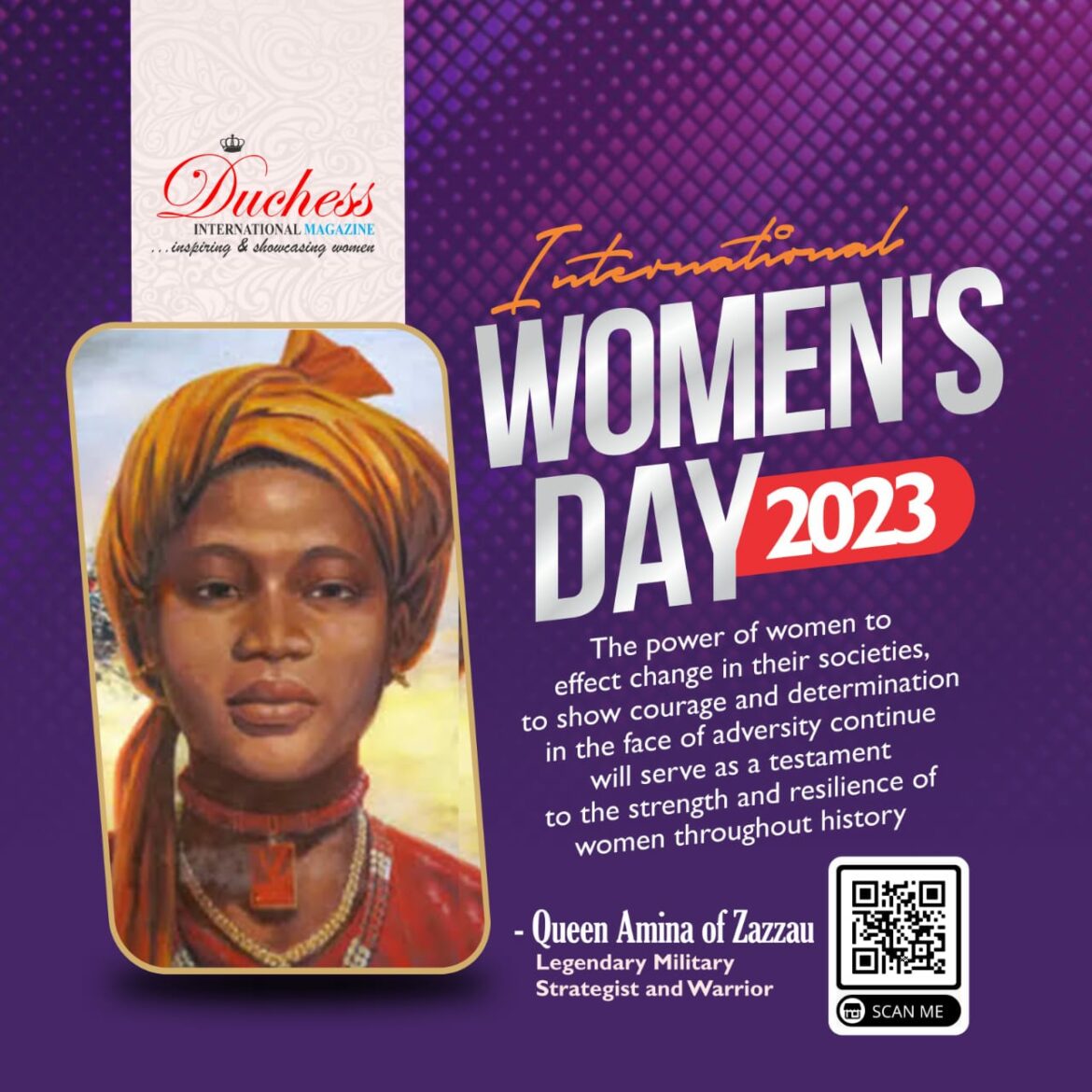In the 16th century, the city-state of Zazzau, located in what is now Nigeria, was ruled by a fierce and determined queen named Amina. She was not only a military strategist and warrior, but also a trailblazer for women’s rights in a male-dominated society. Her legacy lives on, and she continues to inspire women across the African continent and beyond.
Born in 1533, Amina was the eldest daughter of King Nikatau, the 22nd ruler of Zazzau. As a child, she showed great interest in military tactics and combat training, and was trained in archery, horseback riding, and sword fighting. She quickly became a skilled warrior and led many successful military campaigns for her father’s army.
When her father died, Amina’s younger brother, Karama, became the king of Zazzau. However, he lacked the military prowess and leadership skills of his sister. Amina, recognizing the importance of maintaining the kingdom’s military might, challenged her brother for the throne and emerged victorious. She then declared herself the queen of Zazzau.
As queen, Amina led numerous military campaigns, expanding her kingdom’s territory and influence. She was known for her bravery and strategic planning, often leading her troops into battle herself. She also had a powerful impact on the social and cultural practices of her kingdom.
Amina recognized the importance of education and encouraged the education of young girls, promoting literacy and numeracy skills. She also established a network of trade routes and markets that increased the economic power of her kingdom. Under her leadership, Zazzau became a prosperous center of trade and commerce.
Despite her success, Amina was not without her critics. Some claimed that her leadership style was too aggressive, and that she was too quick to go to war. Others criticized her for neglecting her domestic duties as a queen, and for not marrying and producing an heir.
However, Amina remained steadfast in her beliefs and her commitment to the well-being of her kingdom. She continued to lead her troops in battle, and her military campaigns were often successful. She also maintained her focus on education and trade, recognizing the long-term benefits they would bring to her people.
Amina’s legacy is still felt today. She is remembered as a strong and independent leader who fought for the rights of women in a society that often marginalized them. Her bravery and strategic skills continue to inspire women across the African continent and beyond.
In 2018, a statue of Amina was erected in Nigeria, in recognition of her contributions to the country’s history and culture. The statue depicts her in full warrior attire, holding a sword and shield, and riding a horse.
Amina’s story is a reminder of the power of women to effect change in their communities and societies. Her courage and determination in the face of adversity continue to inspire women today, and her legacy serves as a testament to the strength and resilience of women throughout history.
As we celebrate International Women’s Day, we honor the legacy of Queen Amina of Zazzau, and all the women who have fought for justice and equality throughout history. We are reminded that their struggles and sacrifices continue to shape our world today, and that their stories are an inspiration to us all.
In the words of Amina herself, “A woman may be a warrior, a leader, a ruler, but she is first and foremost a woman. And as a woman, she must always strive to do what is right, to protect her people, and to fight for justice and equality.”
.
Joseph Omoniyi
https://twitter.com/Ola_josef?t=mFqIqPFZ07cIvBVM8-88lw&s=09
https://www.facebook.com/omoniyi.babasoro



